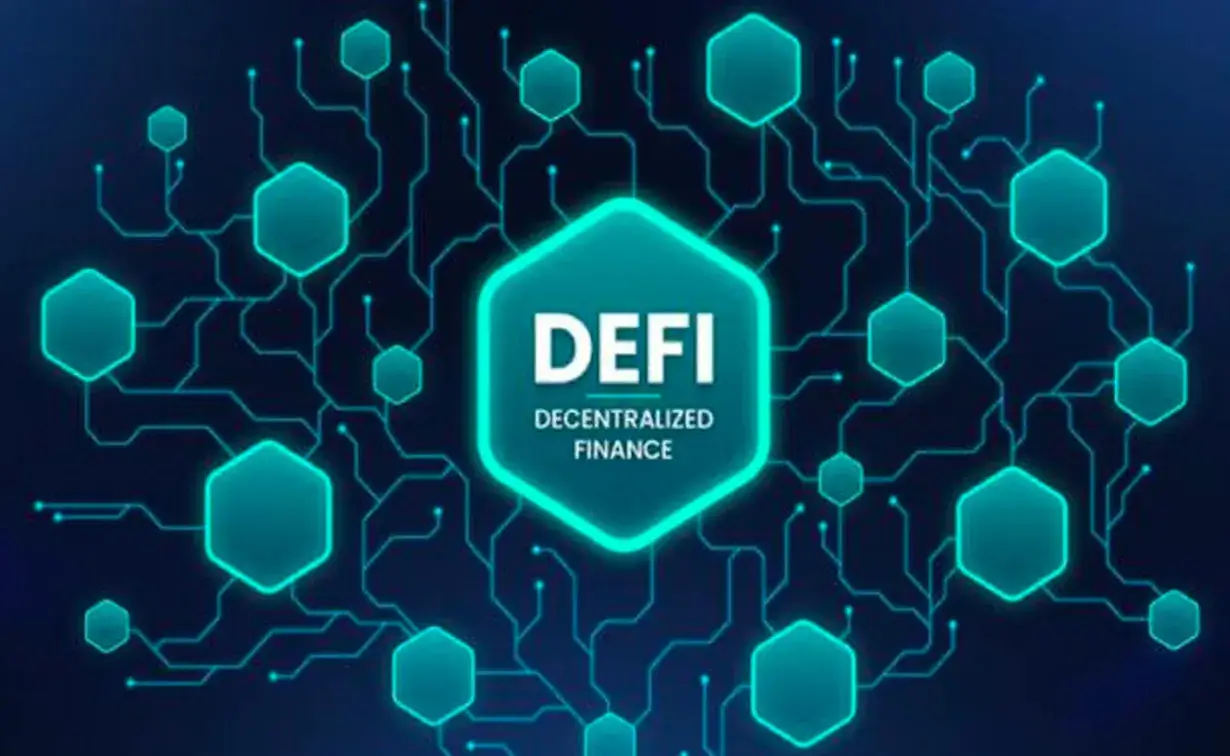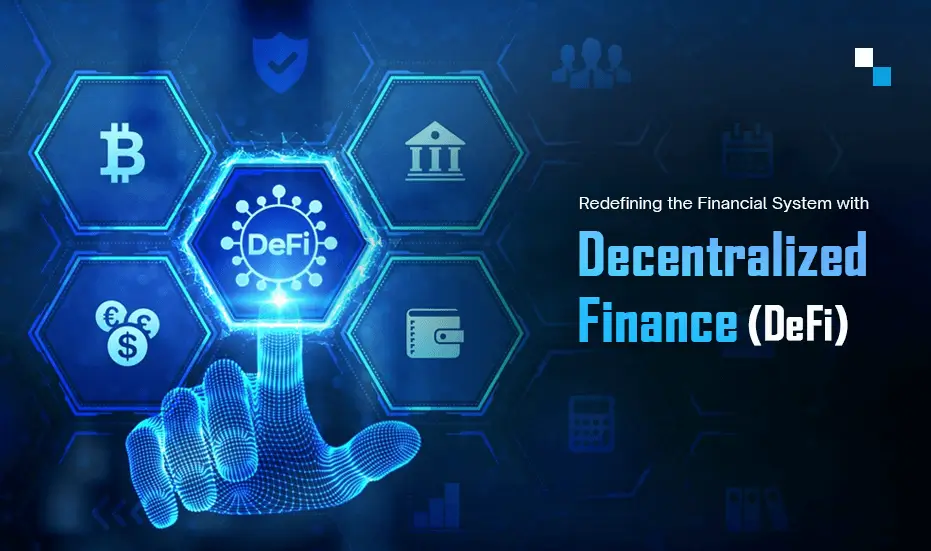Blockchain technology has been at the forefront of innovation in recent years, and one of its most promising applications is in the world of finance. Decentralized Finance, or DeFi, is a hot topic that has been gaining momentum in the blockchain space. In this blog, we’ll explore the latest trends and developments in DeFi, and how it’s revolutionizing the traditional financial landscape.
Traditional finance has long been centralized, with banks and financial institutions holding the keys to the financial kingdom. DeFi seeks to change that by using blockchain technology to create an open and decentralized financial system. This allows individuals to have more control over their assets, access financial services without intermediaries, and participate in a global financial ecosystem.
Key Trends in DeFi:
- Yield Farming and Liquidity Provision: Yield farming has become a popular trend in the DeFi space. It involves providing liquidity to decentralized exchanges and earning rewards in the form of interest or tokens. Projects like Compound, Aave, and MakerDAO have paved the way for this trend, allowing users to earn passive income by simply holding and lending their crypto assets.

- Non-Fungible Tokens (NFTs): NFTs have exploded in popularity, representing ownership of unique digital assets like art, collectibles, and even virtual real estate. These tokens are often bought and sold on decentralized marketplaces, providing creators with new revenue streams and users with the ability to own and trade digital assets in a transparent and secure manner.
- Decentralized Exchanges (DEXs): DEXs have emerged as the backbone of the DeFi ecosystem, allowing users to trade cryptocurrencies without the need for a centralized intermediary. Platforms like Uniswap and SushiSwap have seen tremendous growth, providing users with the ability to swap tokens easily while maintaining control of their funds.
- Cross-Chain Compatibility: Interoperability between different blockchains is a crucial trend in DeFi. Projects like Polkadot and Cosmos are working on building bridges that enable seamless communication and asset transfers between different blockchain networks. This opens up new possibilities for DeFi by expanding its reach beyond a single blockchain.
- Regulatory Challenges: As DeFi continues to grow, it faces increasing regulatory scrutiny. Governments around the world are grappling with how to regulate these decentralized systems. The outcome of these regulatory efforts will have a significant impact on the future of DeFi.
Conclusion: Decentralized Finance is reshaping the financial industry as we know it, offering individuals greater financial autonomy and opening up opportunities for innovation. The trends mentioned above are just the tip of the iceberg in the rapidly evolving world of DeFi. As this space continues to mature, it’s essential for both enthusiasts and newcomers to stay informed and vigilant about the opportunities and challenges it presents. Whether you’re a seasoned crypto investor or someone new to the blockchain world, DeFi is a trend worth watching closely.









